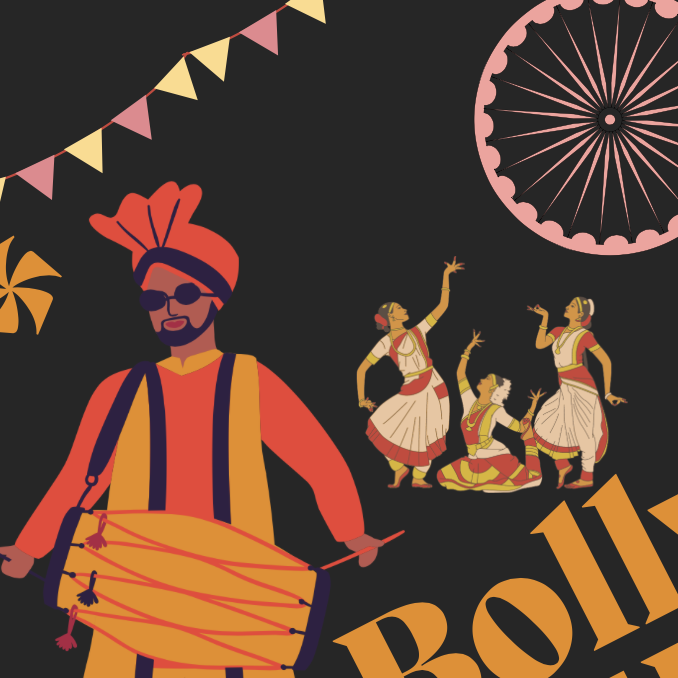Exploring the complex connection between Culture and Identity- Writing Series
I am from a country which is deeply cultural, religious and somewhat traditional. We take pride in and look forward to celebrating our traditions and our cultural heritage. In India, although there are many castes, subcastes and religions; the atmosphere that I grew up in was a very diverse one, where everyone celebrated each other's festivals. The word identity is a complicated one; it means the fact of being who or what a person or thing is. Etymologically it means sameness and is synonymous with words like individuality, recognition and identification. But where does one get this individuality from and do we really know who we are?
Culture is one such thing which is embedded in us from our childhoods. We are all exposed to our own unique cultures which have somehow shaped us into who we are today and it is oftentimes what we recognise as our identity.
Essentially, as defined by Merriam-Webster, culture is the customary beliefs, social forms and material traits of a racial, religious or social group. We often hear India being called a ‘culturally diverse’ country, and we see the manifestations of religion in all places in the country. Culture and identity is analogous in this way as it is deeply embedded in us, and is a defining feature of how we see ourselves. The notion of identity is complex today as it is influenced by so many things including mass media, popular culture and people’s perceptions of us. Cultural traditions and rituals play a significant role in how we see ourselves; it gives a sense of belonging and helps us develop a strong cultural identity, influencing our self-esteem and confidence.
But in a world where we are exposed to so many cultures, and sometimes prefer other cultures over our own, how do culture and identity intersect in a modern world? This question is answered by the fact that globalisation has allowed us to view the world through a non-biased lens. In a modern world, there is a constant struggle of identity negotiation and in this way, cultural identity has become fluid and adaptable. It is also important to note that in a modern world, cultural identity does not pertain to one culture, it can be a feeling of belongingness to many cultures that have been exposed to you. For example, someone who celebrated Christmas and went to Churches with their friends in their childhood isn’t necessarily a Catholic, but they still might feel a belongingness to the cultures and traditions of that religion. Therefore, it is not necessary to bridge the gap between culture and identity in this sense, as it is an everchanging concept.
Culture and Identity are two words which are parallel and intricately intertwined with each other. It is important to approach the conversation of identity and culture in a sensitive way to understand the cultural significance of someone’s identity. Sometimes, even in our adulthood, we may lose who we feel we are and struggle with truly knowing ourselves, but dipping our feet into our own cultural pools and taking a swim in it, might bring us back ashore; going back to a family home and watching our mothers and grandmothers cook for us while they tell us stories from their childhood, might bring back a semblance of our identity, because at the end of the day, culture is where we find familiarity and a sense of home.


Comments
Post a Comment